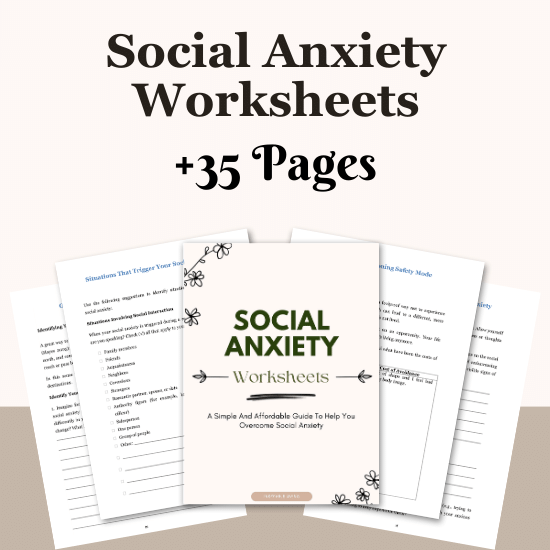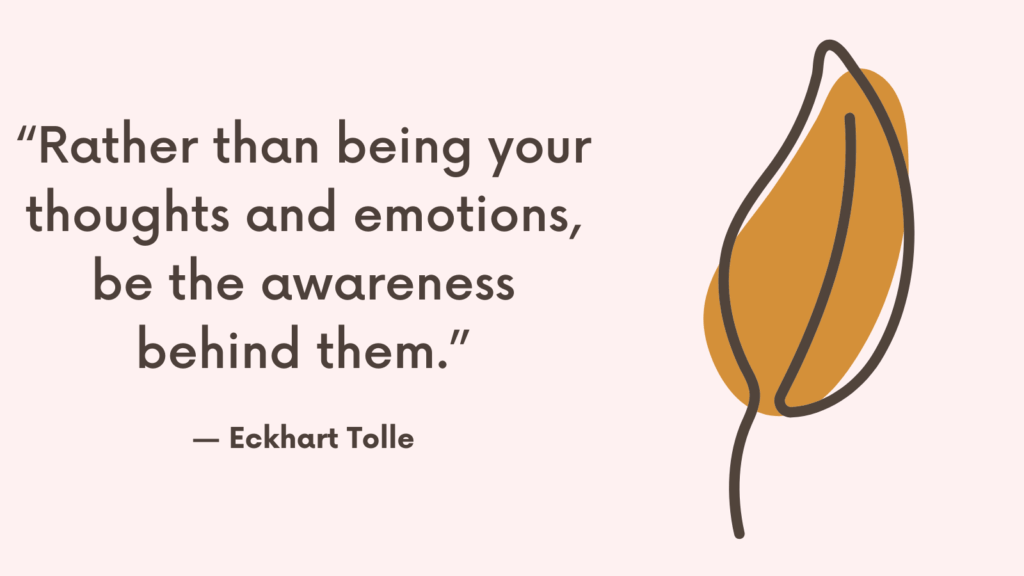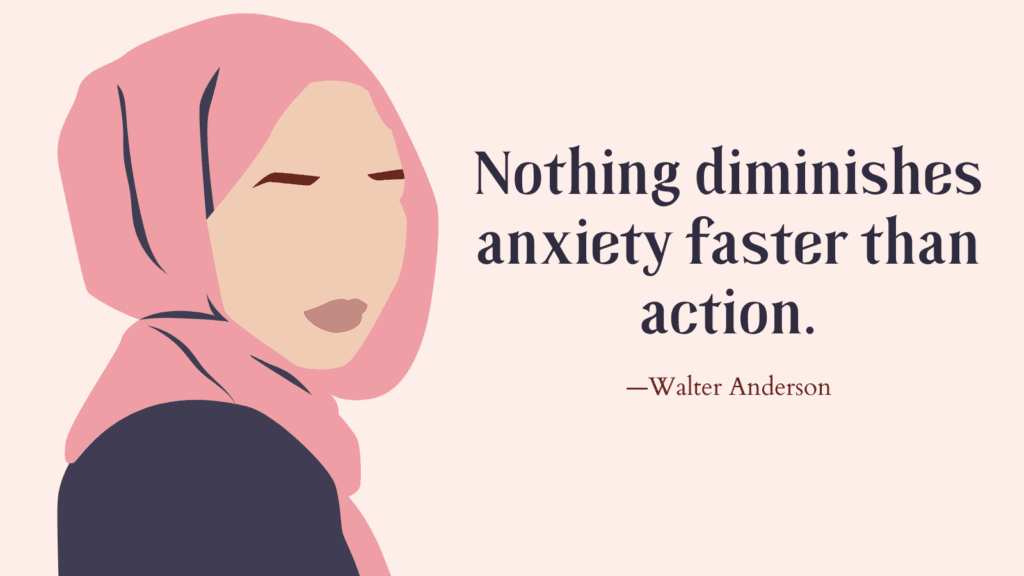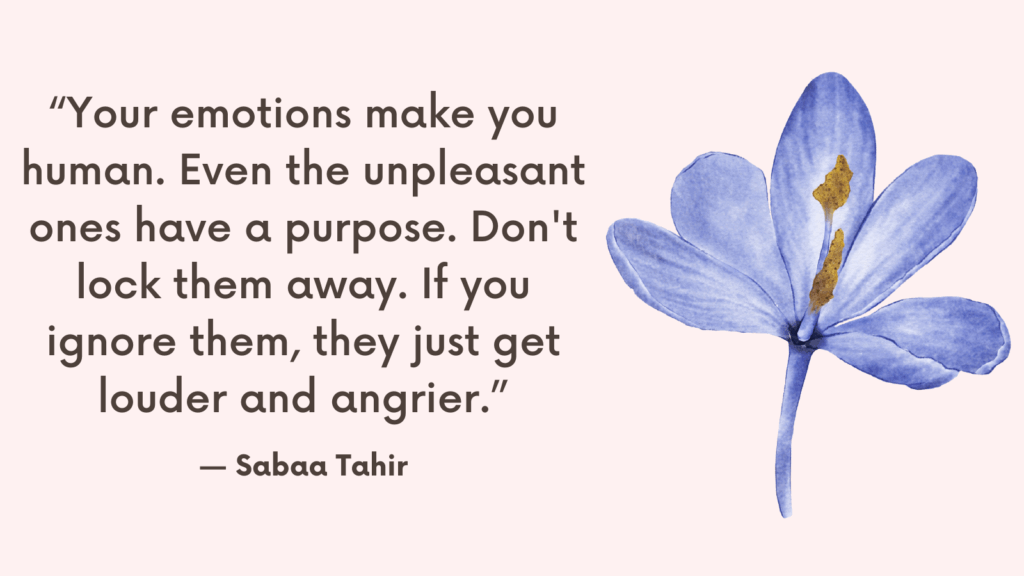The fear of being judged in group settings — whether at work, school, social events, or support groups — is a common form of social anxiety. You might worry about saying the wrong thing, looking awkward, or being silently criticized. This fear can be intense, but it can also be managed with practice, mindset shifts, and grounded self-awareness.
Fear of Being Judged
Fear of being judged in group settings is a form of social anxiety that causes intense self-consciousness and worry about how others perceive you. You may feel exposed, awkward, or convinced that others are watching, criticizing, or sizing you up — even when they aren’t. This fear can make you avoid social events, stay quiet in meetings, or second-guess every word you say.
What It Feels Like
- Overanalyzing how you look, sound, or act
- Avoiding eye contact or staying silent
- Replaying what you said hours or days later
- Feeling tense, shaky, or hot in social settings
- Assuming others are bored, annoyed, or judging you
- Wanting to escape or disappear when attention is on you
Where It Comes From
- Past experiences of embarrassment, bullying, or exclusion
- Perfectionism or fear of making mistakes
- Growing up in highly critical environments
- Low self-worth or over-identifying with how others view you
- A tendency to assume others are thinking the worst about you
Related: 30 Day Social Anxiety Challenge That Will Help You Feel More Confident
Why It Persists
The fear of being judged sticks because avoiding groups brings temporary relief — but long-term reinforcement of the fear. Over time, the fear grows stronger, and your world gets smaller.
How to Handle the Fear of Being Judged in Groups?
1. Remind Yourself: Most People Are Focused on Themselves
In group settings, people are usually thinking about how they’re being perceived — not about you. Your mind might say “They’re judging me,” but in reality, most people are too caught up in their own thoughts to notice or critique yours.
2. Identify the Specific Fear
Pinpoint what judgment you’re afraid of:
- “They’ll think I sound stupid.”
- “They’ll notice how anxious I look.”
- “They’ll reject me.”
Naming the fear helps you see it clearly and challenge it more effectively.
Related: Best 10 Books For Social Anxiety
3. Use Compassionate Self-Talk
Practice speaking to yourself the way you would to a nervous friend:
- “It’s okay to feel nervous. It doesn’t mean you’re doing something wrong.”
- “Even if someone does judge me, I can handle that.”
- “I’m allowed to be seen just as I am.”
4. Set Small, Realistic Social Goals
Instead of trying to be perfectly confident, aim for something manageable:
- “I’ll speak up once.”
- “I’ll make eye contact with one person.”
- “I’ll stay for 30 minutes, then decide if I want to leave.”
Gradual exposure builds confidence and reduces fear over time.
5. Challenge the Thought, “They’re Judging Me”
Ask yourself:
- “What’s the evidence for and against that?”
- “Have I been judged in the past — or is this anxiety talking?”
- “Would it matter as much as I think if someone didn’t like me?”
These questions help pull you out of automatic fear responses.
Related: Best 17 Journal Prompts For Social Anxiety
6. Use Grounding Tools During Group Interactions
Focus on your senses to stay present:
- Feel your feet on the ground
- Hold a small object in your hand
- Breathe slowly and deliberately
These tools anchor you in your body instead of your fear.
7. Accept Imperfection
You’re human. You might stumble over words, blush, or forget a point — and that’s okay. Vulnerability invites connection. People tend to remember your warmth more than your wording.
8. Reframe Discomfort as Growth
Feeling awkward or exposed doesn’t mean you failed — it means you’re stretching. Say to yourself:
- “This is hard because I’m doing something brave.”
- “Discomfort is part of becoming more confident.”
This mindset shift turns anxiety into progress.
Related: 11 Tips on How to Cope with Anxiety During Summer Social Events?
9. Debrief Gently After the Event
Afterward, don’t obsess over every moment. Ask instead:
- “What went better than I expected?”
- “What helped me stay grounded?”
- “What do I want to try next time?”
This builds insight, not shame.
10. Practice Self-Compassion
If the fear felt intense or you didn’t do what you hoped, be kind to yourself:
- “I showed up, and that matters.”
- “I don’t need to be perfect to belong.”
Compassion is a more effective motivator than self-criticism.
Related: How to Manage Anxiety While Traveling: A Complete Guide

Conclusion
Fear of judgment shrinks when you learn to judge yourself less harshly. Each time you enter a group with openness, patience, and curiosity — even with fear — you build social resilience. And with time, you’ll realize the people who matter most don’t want your perfection — they want your presence.



